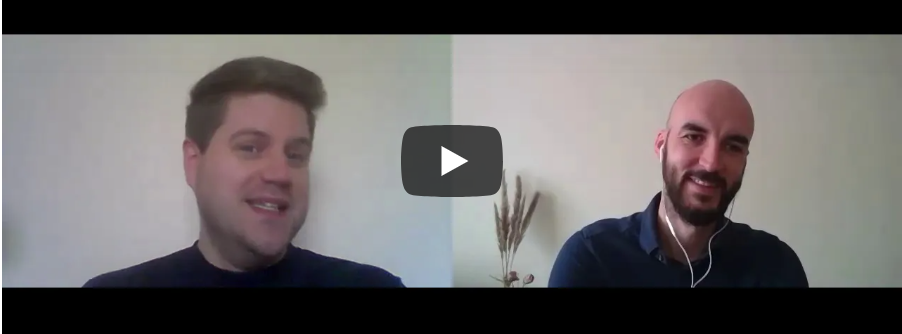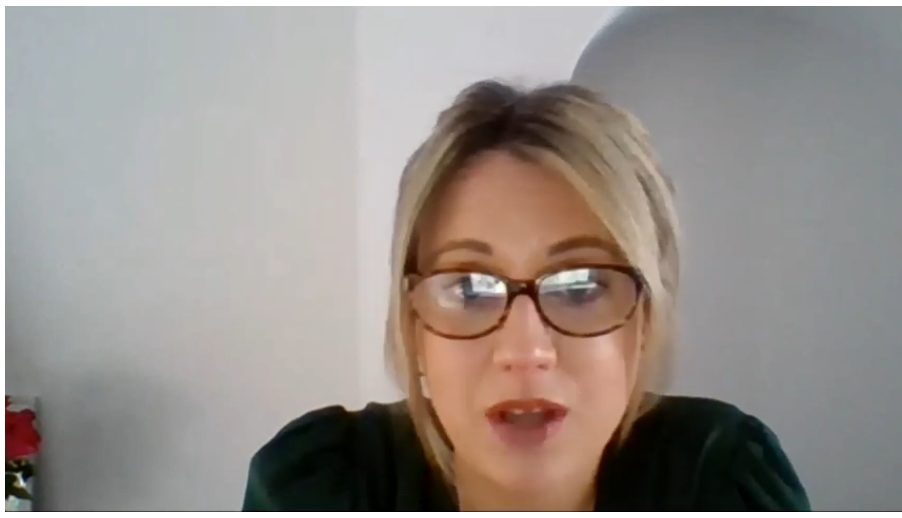Northern Slant exists to encourage constructive changes in Northern Irish political and civic discourse. We’re grateful to everyone who has supported the project and helped create content with us throughout 2020, in many cases despite personal and other challenges. This year we revamped our website and restructured how we deliver content, now into the four categories of Politics, Global, Community and Lifestyle. We also ran our first virtual event.
‘Northern Slants’ shares a summary of topics we’ve covered throughout the year. Want to get involved in 2021? Visit our Contact Us page.
Politics: Frozen Peace, Brexit, and SpAds
2020 started on a hopeful note with the resurrection of Stormont under a banner of New Decade, New Approach. In the following weeks, however, the COVID-19 pandemic would force Northern Ireland to go into lockdown. Despite showing a sense of common purpose early in the pandemic – DUP leader Arlene Foster once said “Michelle and I are basically the same household now” – this has been tested in recent months. As NI came out of its first lockdown, Jenny McCullough reminded us not to lose sight of what the pandemic taught our political leaders: we’re all basically the same household now.
In January, Peter Moor asked how can Northern Ireland become more attractive to young people: “Investment in Northern Ireland’s future starts with investing in the future citizens of Northern Ireland.” As the COVID-19 spread became a pandemic, the collapse of regional airline Flybe led Peter to explore how NI can become more connected, less Belfast-centric and more sustainable.
Legacy issues continue to haunt Northern Ireland. In November, Vicky Cosstick wrote how the British government’s decision against a public inquiry into the murder of lawyer Pat Finucane, killed in 1989, encapsulates NI’s frozen peace process; “We find an apparently endless cycle of failed or obstructed proposals and attempts to break through the impasse on the legacy of the past.”
After former SDLP leader and Nobel Peace Prize winner John Hume passed away in August, John Stevenson wrote that Hume taught us how to reach out. “He reached out. He talked. He listened. He was persistent. He was courageous and, at the time, controversial,” Stevenson added before sharing his poem entitled Mutual Admissions. In Fionnbharr Rodgers’s article John Hume, Peace Teacher, he described Hume as a profound intellect, with a rigid moral core. “Everything which I have described could be put down in a comprehensive How-To Guide of a great leader.”
In 2021 efforts will continue to turn to how Northern Ireland recovers from the pandemic. For Heather Wilson, if there is to be true and sustained ‘levelling up’ across society, a renewed focus on building new social homes, as well as improving the quality of existing houses, has a huge role to play. Professor John Barry shared lessons from the pandemic which could help tackle climate change; from ‘flattening the curve’ of virus infections to ‘Bending the curve’ of global temperatures.
In a popular video interview, Roger Greer spoke to Peter Cardwell, author of the book The Secret Life of Special Advisers (SpAds). Describing his time as a SpAd, he said “Brexit was a massive challenge. The result of the 2017 election was disastrous for the Conservative Party. We were anything but ‘strong and stable’.”
As the UK and European Union prepared to announce a Brexit trade deal on Christmas Eve, Lisa Whitten wrote how the withdrawal has added a new dimension to Northern Ireland’s in-betweenness. Management of this new dynamic of economic in-betweenness, Lisa added, will determine the political, societal and constitutional path Northern Ireland takes.
Read more in our Politics section here.
Peter Cardwell (left) and Northern Slant’s Roger Greer (right) discuss the world of special advisors
Global: Biden-Trump, Future US-NI Relations
Coming back to the theme of sustainability, in A Gap Year Like No Other, John Stevenson asked why Greta Thunberg attracts enormous amounts of criticism, condemnation and personal abuse. “All she stands for produces such negative, angry and hate-filled responses in some quarters,” he wrote. “Maybe it is because she is right.”
Ahead of the US election, Julia Flanagan profiled the would-be Vice Presidential candidate (and now VP-in-waiting) Kamala Harris. In Harris Hears The Call of History, Julia wrote “Biden’s choice of Harris was a smart move. By choosing a one-time rival – and one who clearly is not afraid to speak up and hold him to account – Biden has demonstrated he “does not hold grudges.”
After unrest erupted in the US in response to the murder of George Floyd at the hands of a Minneapolis police officer, our Global Editor Steve McGookin wrote of how “America’s poor and disenfranchised are being hit hard on all fronts right now, in some instances literally.” Closer to the election, Steve asked how outgoing US President Donald Trump’s Republican Party had effectively become a “party of one”.
After Northern Slant’s planned discussion “The US and us – The Next Chapter in Northern Ireland’s Transatlantic Relationship” was postponed due to the pandemic, in October we put together the next best thing: a virtual discussion featuring Northern Slant writers and most of our original panellists.
Read more in our Global section here.
Northern Slant’s Steve McGookin and Julia Flanagan discuss “The US and us – The Next Chapter in Northern Ireland’s Transatlantic Relationship”
Community: Reflections on Reconciliation
Michael Avila and Ani Kanakaki brought us their Community Voices series, interviewing several leaders working in the voluntary and community sector in Northern Ireland. They spoke about their work and lessons around what makes for successful good relations and reconciliation work.
Michael also explored the positive impact inspired by the formation of a Gaelic Athletic Association (GAA) club in the traditionally unionist area of East Belfast. From his interview with Kimberly Robertson, an American living in East Belfast, we learned how, in addition to providing sporting opportunities, the club is bringing positive change to members and supporters alike.
Despite the tragic circumstances of the pandemic, across Northern Ireland we have seen communities coming together during lockdowns. During the first lockdown some members of the Northern Slant team shared their hopes for Northern Ireland’s future after the crisis. Later, members shared reflections on their own futures; whether their perceptions of Northern Ireland had changed during the lockdown and what can we do together to create a better society.
In December, Michael Avila outlined the urgent need to reform hate crime legislation in Northern Ireland. Responding to an independent review of hate crime legislation in NI, he advocated changes to make the relevant processes “more accessible and transparent, more effective and more victim-centric.”
Read more in our Community section here.
Lifestyle: Hope in Sport, and Social Media
During a year that has challenged everyone mentally, Ben McAteer wrote on the realities of depression and mental health in Northern Ireland. To tackle depression, he wrote, it is vital to intervene at the earliest stage possible. “Our discussions of topics as sensitive as mental health have a significant influence upon the way people respond to distress and moments of crisis.”
As businesses across Northern Ireland sought to rework their strategy during lockdowns, Niall Crozier summarised AG Lafley and Roger Martin’s book Playing to Win, on how strategy really works.
Although the pandemic upended many sporting fixtures, Jason Sime reminded us not to lose sight of other, more positive ways in which age-old certainties can be challenged and reimagined. Following Ireland’s cricket team’s famous victory over England this year, Jason showed how the sport which continues to grow in Northern Ireland has the potential to break down barriers between divided communities here.
As we look to Northern Ireland’s centenary in 2021, we explored the role that social media has played in a changing NI. In an interview with Paul Reilly, author of the book Digital Contention in a Divided Society: Social Media, Parades and Protests in Northern Ireland, he said “Perhaps the ultimate contribution of social media to consolidating peace in Northern Ireland is allowing younger citizens to mobilise in policy areas which transcend the tribal politics of the violent past.”
Read more in our Lifestyle section here.



